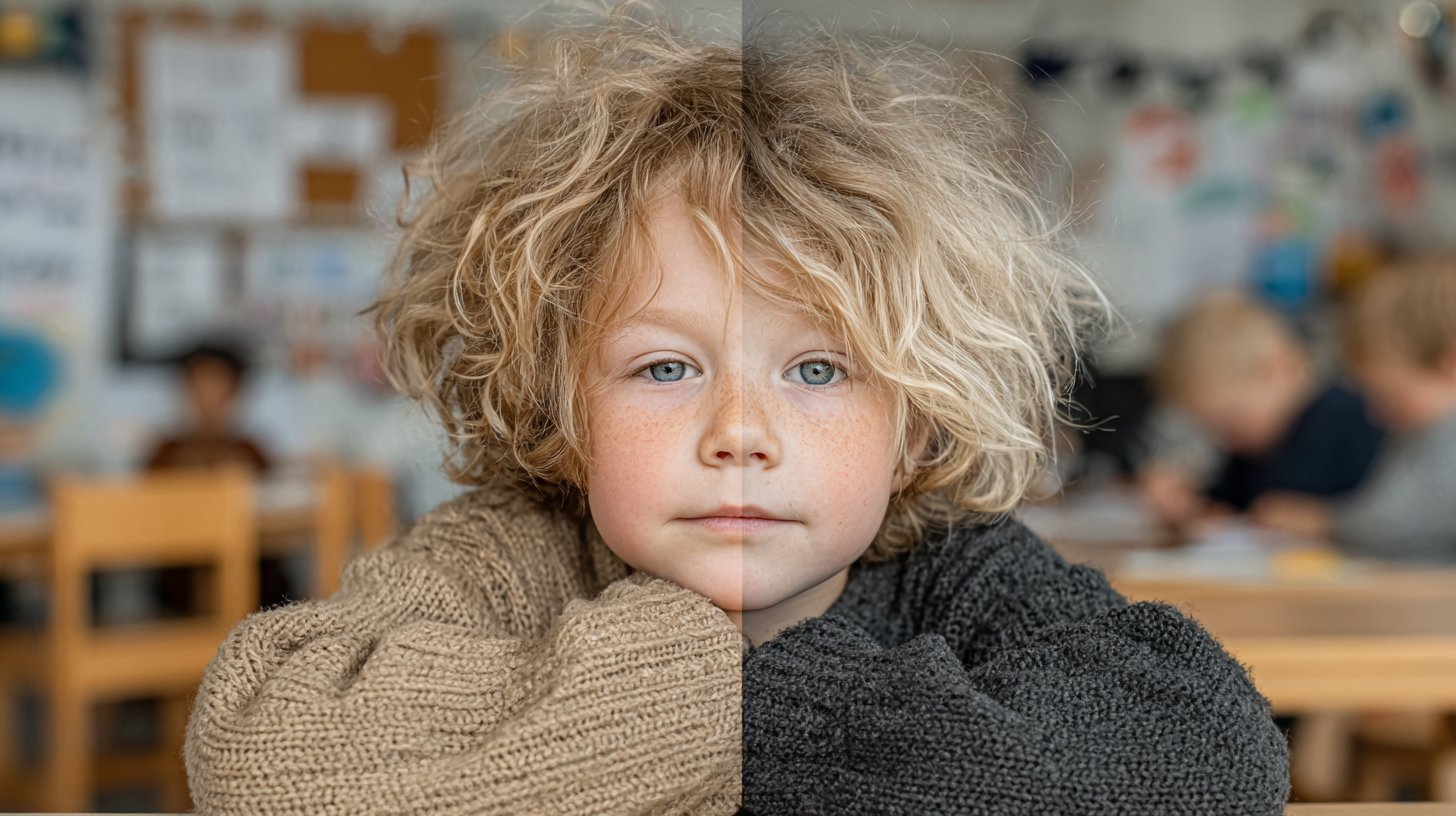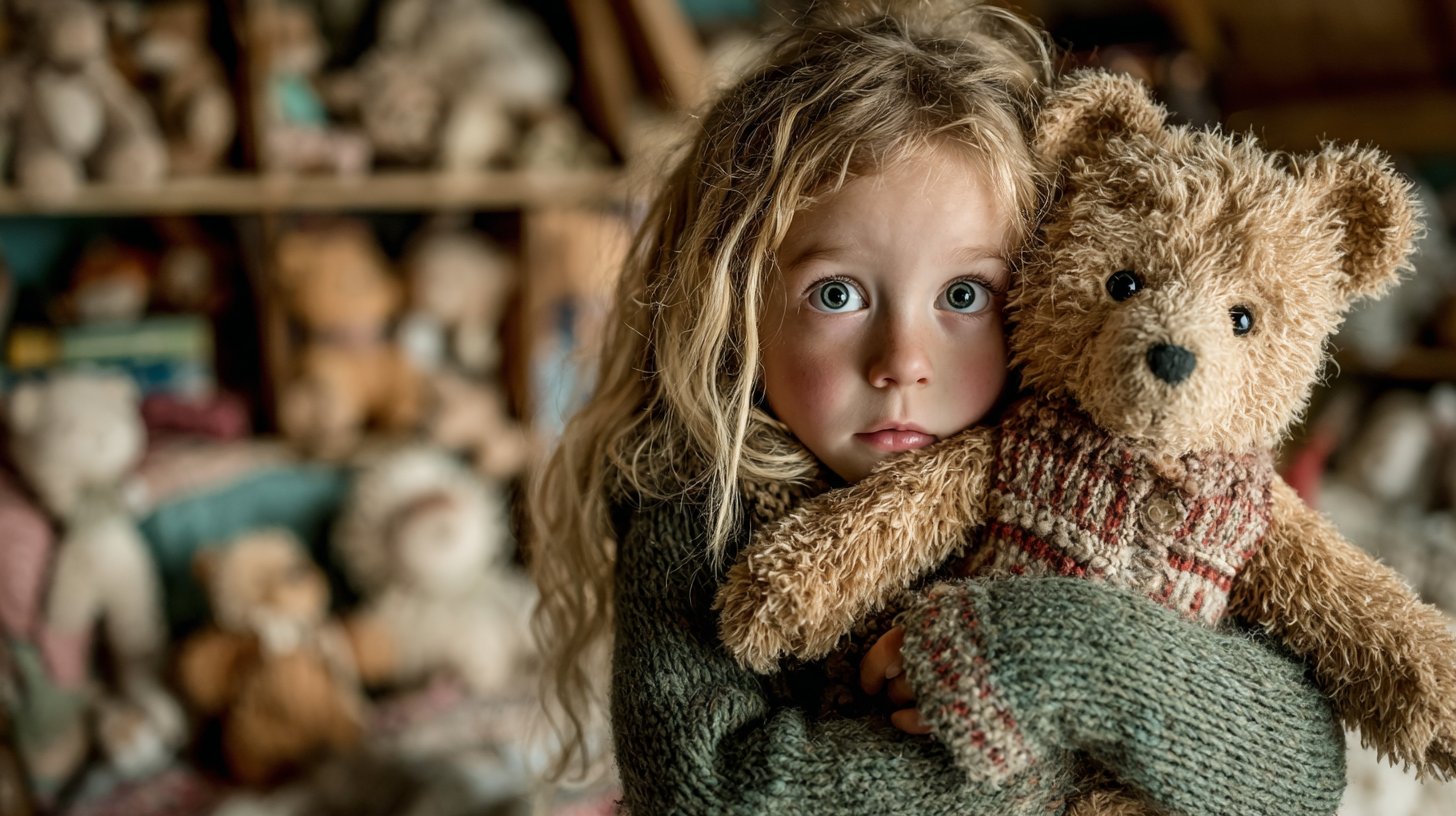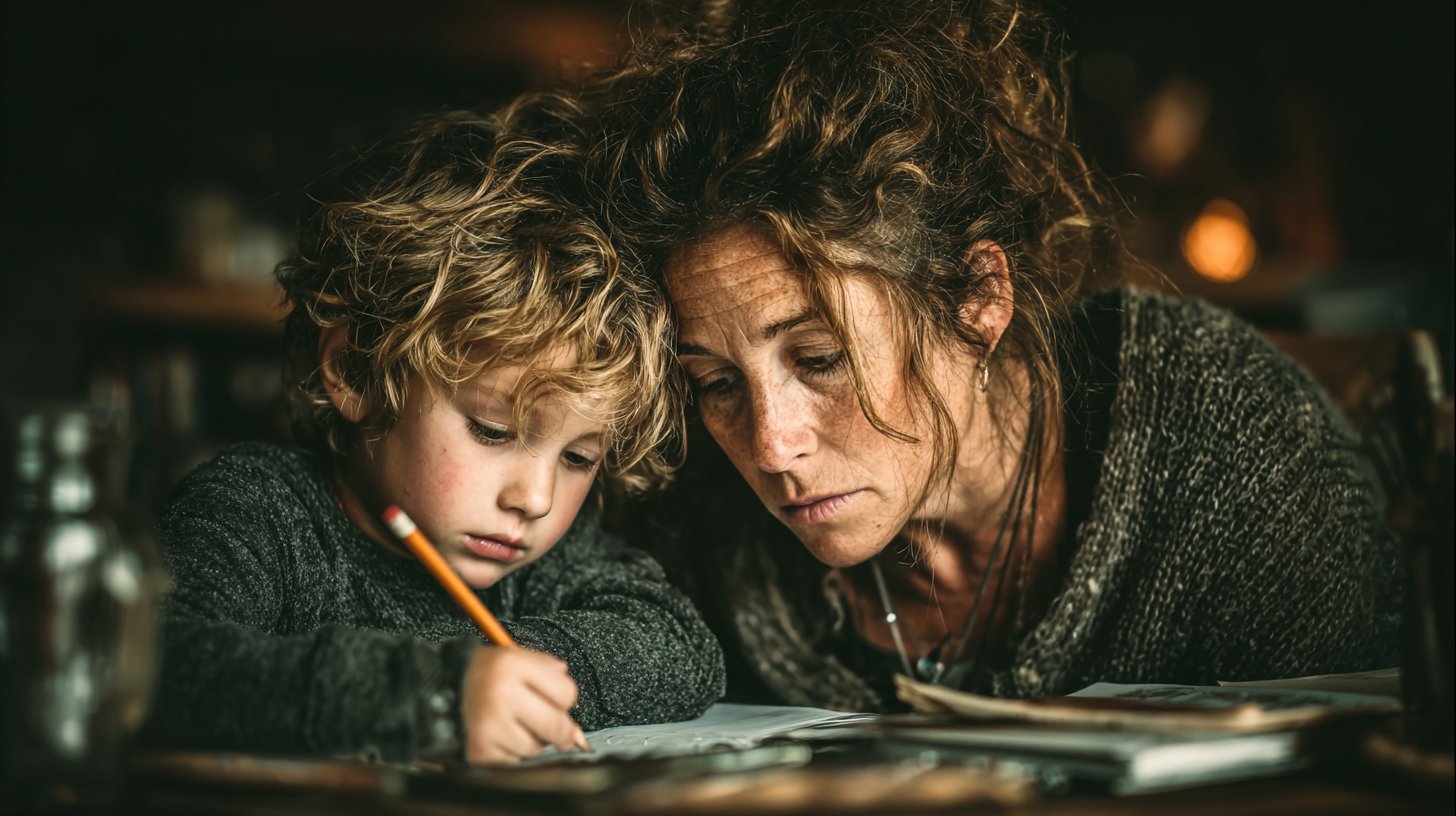How Toxic Habits Negatively Affect Children

Parenting is one of the most challenging yet beautiful experiences in life. However, there are many challenges that parents face. Many of us adopt habits unconsciously without realizing how they can affect our children's lives. In this article, we will discuss 12 toxic habits that parents sometimes develop. We will ask ourselves: How can we strengthen our children's self-trust and promote their resilience while simultaneously creating a positive family environment?
Too often, we see that parents mean well, but still exhibit behaviors that can harm their children. It is important to be aware of our own actions and work on them. Often, these toxic habits result from personal insecurities or old patterns that we experienced as children ourselves. Recognizing these behaviors is crucial to avoid unconsciously putting our children in an emotional imbalance.
Criticism and Comparisons
A common toxic habit of parents is to constantly criticize their children or compare them to others. Such statements can significantly damage your child's self-esteem. When a child frequently hears that they are not good enough or how much better another child is, it fuels self-doubt and potential anxiety. Instead, you should emphasize your child's strengths and help them build confidence. The best way to empower the child is to acknowledge and celebrate their individual progress.

Comparisons are not helpful at all, as each child has their own path to follow. Try to appreciate your child's efforts, regardless of how they may seem in relation to others. This creates a positive learning environment where the child can feel secure and understand mistakes as part of the learning process. Positive reinforcement and gained experiences contribute significantly to the development of self-confidence and positive self-images.
Emotional Dependency
Many parents tend to be emotionally dependent on their children or expect their children to fulfill their emotional needs. This can overwhelm the child and make it difficult for them to set their own boundaries. Children should have the freedom and space to develop without the constant responsibility for a parent's emotional well-being. It is important that you also take the responsibility for your own self-care.

Allow your child to be independent and make their own mistakes. It is essential to set healthy boundaries so that both sides can develop their own identity and personality. Emotional independence is vital for fostering a strong and respectful relationship with your child. Ultimately, it is our duty as parents to prepare our children for a life where they can confidently make their own decisions and take responsibility for their own well-being.
Excessive Control
Excessive control can also be one of the toxic habits that parents unconsciously adopt. When you make all the decisions for your child, you rob them of the opportunity to think and act independently. This controlling behavior can cause anxiety and uncertainty, leading the child to hesitate in making decisions. It is better to create space for discussions and joint decision-making. Ask your child for their opinion and listen actively during the conversation.

By giving your child more control and allowing them to make decisions, you promote their ability to approach problems and challenges confidently. This independence not only strengthens self-confidence but also imparts valuable life lessons that your child will carry with them for a lifetime. Be a supportive partner and not just a commander; this promotes healthy communication and bonding between you and your child.
Overall, it is important to become aware of these toxic habits and work on them. By changing your perspective and behavior, you lay the foundation for a happier, healthier, and more self-assured child. It is never too late to make positive changes and create an environment where your child can thrive. Remember that you will also make mistakes – that's okay! The key lies in the willingness to learn and the commitment to do what is best for your child.
In conclusion, I want to encourage you to regularly reflect on your parenting methods and make adjustments if necessary. The relationship with your child is invaluable, and a positive, supportive bond will help you and your child tackle challenges together. Give children space to grow and unfold so that they can become confident, happy adults.


